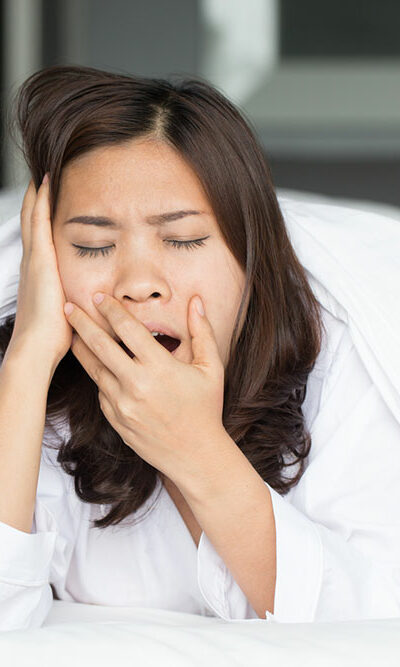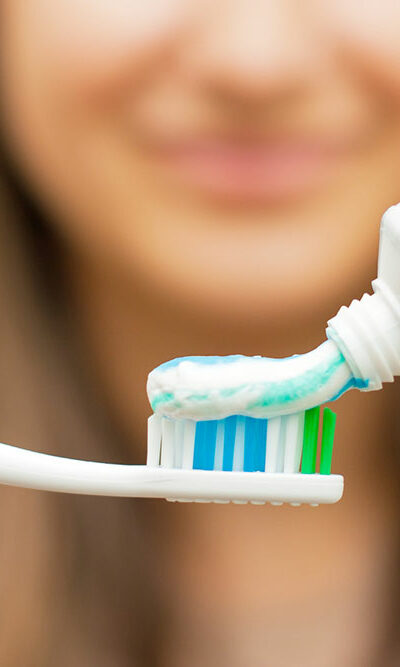
4 known causes of excessive daytime sleepiness
Life can be tedious at times, and in such conditions, it is okay to feel tired or catch a nap. Daytime sleepiness generally happens when the sleep during the night isn’t restful. However, excessive daytime sleepiness is a more severe condition than one feeling fatigued all the time. It is a type of hypersomnia that causes an overwhelming urge to sleep during waking hours. Here are some known causes and triggers of excessive daytime sleepiness. Sleep deprivation Sleep deprivation is a state in which the individual has been consistently getting less than enough sleep. Frequently sleeping for a short time can impair the body’s rest, recovery, and restore function. It can lead to the individual experiencing various psychological and physical symptoms. One of the symptoms is excessive daytime sleepiness. When the individual is operating on less sleep for a longer period, they might get urges during the day to sleep. Research suggests a large number of adults have confirmed falling asleep without intending to, at least once a month. Sleep apnea Another common cause of excessive daytime sleepiness is sleep apnea. It is a condition in which one experiences a disruption in their ability to breathe when sleeping. Narrowing or collapsing of the upper airway when sleeping can interrupt the person’s breathing, and is known as obstructive sleep apnea. Similarly, central sleep apnea occurs when there is a miscommunication between the respiratory muscles of the individual and their brain. Sleep apnea can cause disruptions in breathing as well as sleeping, making it difficult for individuals to get some restorative sleep. Anemia Lack of appropriate amounts of red blood cells (RBCs) or hemoglobin in the body can lead to a condition known as anemia. Hemoglobin is responsible for the transfer of oxygen throughout the body. If the cells are not delivered the right amount of oxygen, it can cause a drop in the oxygen level in the body’s cells and blood.

